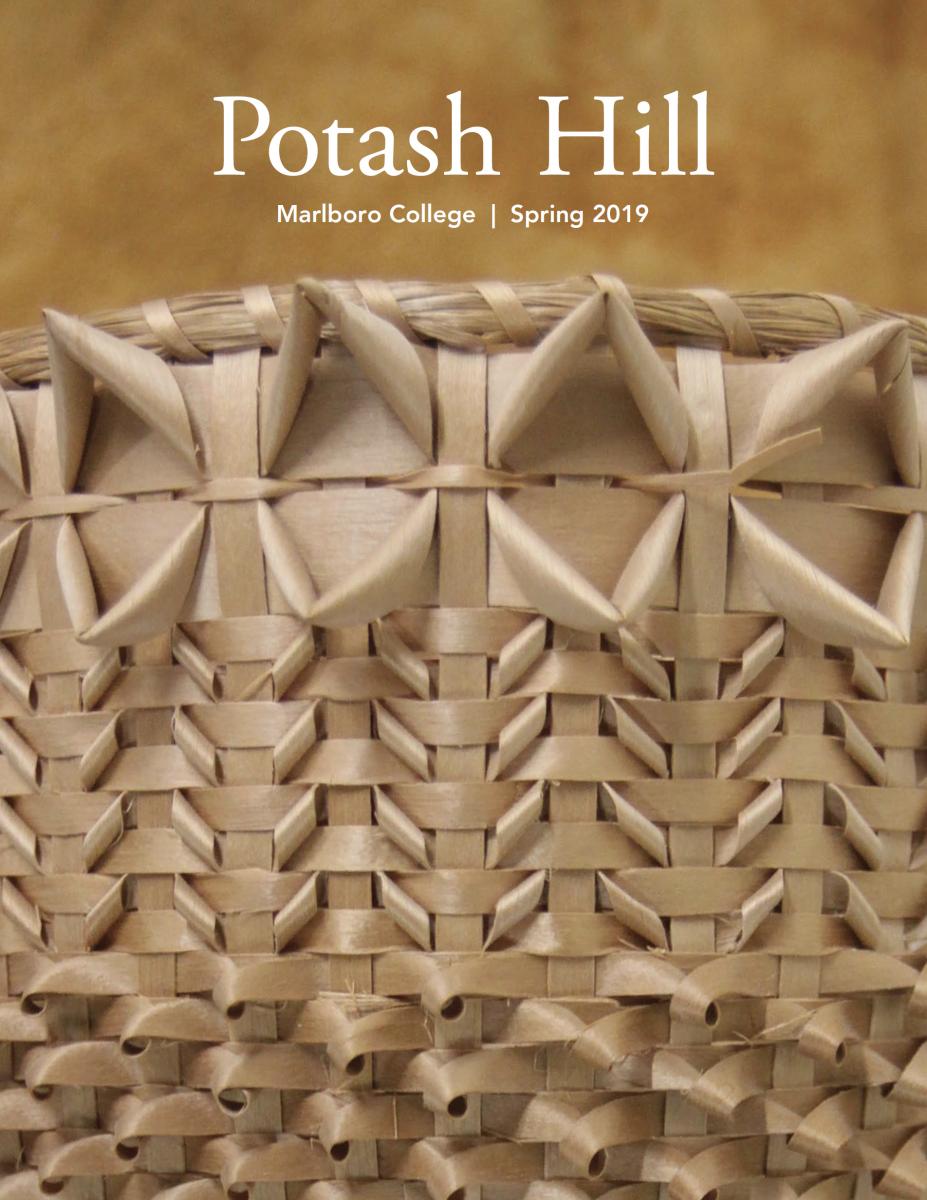The Rice-Aron Library was the proud recipient of two grants from the National Endowment for the Humanities (NEH) this year. Together, they stand to increase the library’s impact within the local community and make its valuable archives more accessible.
The first was a joint NEH and American Library Association grant to take part in the Great Stories Club, a program that supports reading and discussion programs for underserved teens. Partnering with the Boys and Girls Club of Brattleboro, Rice-Aron Library was one of 100 libraries in the US selected for this grant, one of only five college libraries, and the only grantee chosen in Vermont.
“We are excited to start our book club in January, with the theme ‘What Makes a Hero: Self, Society, and Rising to the Occasion,’” says library director Beth Ruane. “The books include an amazing range of perspectives, from Black Panther to Art Spiegelman’s Maus II, chosen to inspire teens to consider big questions about the world and their place in it.”
The second NEH award is a Preservation Assistance Grant, designed to help small institutions improve their ability to preserve and care for significant humanities collections. The Rice-Aron archives are one such collection, composed of printed materials on paper, images, audio and video tapes, and historical ephemera stretching back to the founding of the college.
“Marlboro’s first students, most of whom were veterans, indelibly shaped Marlboro’s uniquely self-directed, self-governed, and self-reliant identity,” says Beth. “These primary source materials have great value to scholars and students studying in a wide range of areas, including the history of higher education in America, the post-WWII era, and the veteran experience.”
Rice-Aron’s archives were the subject of last year’s course titled History of Universities and the Liberal Arts, which focused on the history of Marlboro and its place in wider debates about the role and purpose of higher education. Students spent every other Thursday working in the archives to create more-specific subject categories for ease of finding, and shared some rare discoveries with the community through social media.
“Unfortunately, Marlboro has never been in a position to have a full-time archivist on its staff,” says Beth. “As a result, though the collecting of materials created by students, faculty, and administrative and departmental staff has been enthusiastic, knowing exactly what is held in the archives, let alone locating an item in a timely fashion, is nearly impossible.”
The first step of an ambitious project to improve stewardship and increase internal and external access to the college archives, the NEH grant will enable Beth to take classes at Simmons College in the area of Special Collections and Archives. “This training will position me to be a more effective steward of the college’s archives, able to develop realistic and appropriate planning for the assessment, processing, and ongoing care of this important collection.”

